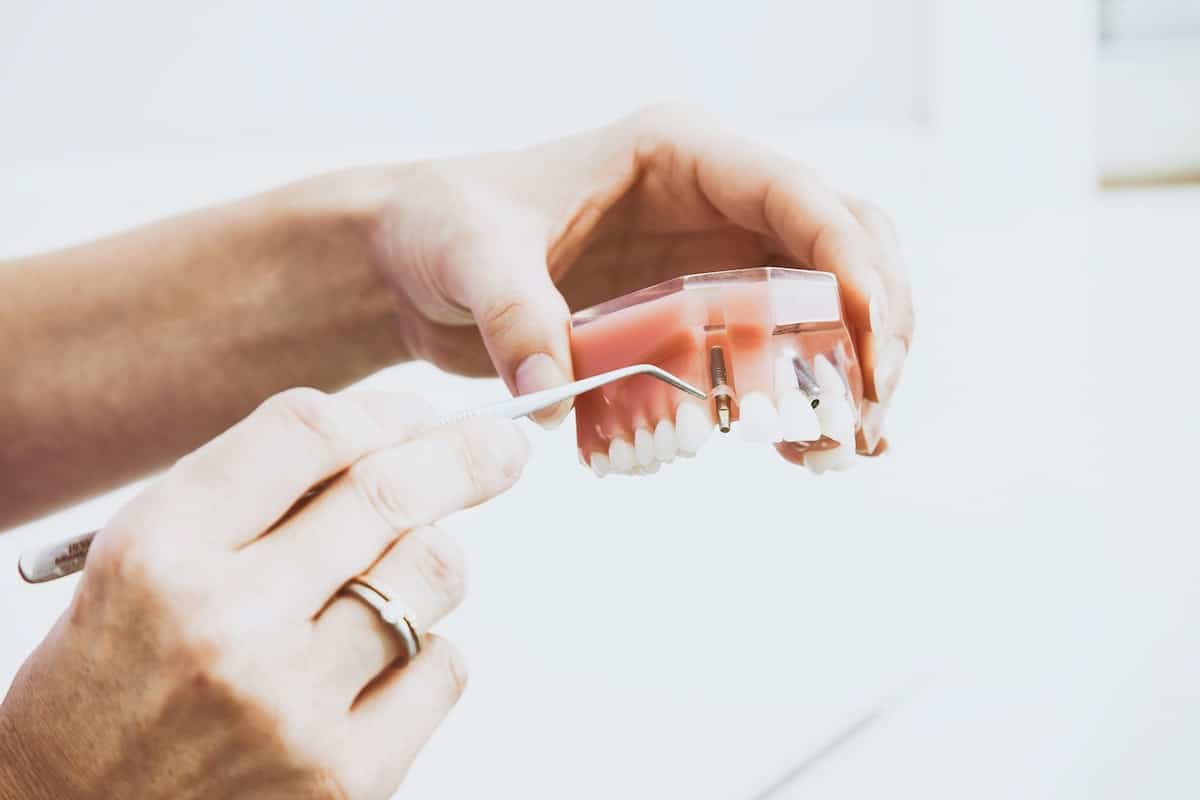Today, there are several manufacturers and brands of dental implants, which is good news for patients and dentists. With so many dental implants to choose from, your dentist can select the right ones based on your needs. To have the best results, you have to deal with an experienced Rock Hill Dentist.
It’s a good idea to choose a dentist who can do the dental procedure and repairs. In other words, you should always use the same dentist for all dental implant procedures because others may not have the same material components that were used on you. In this post, you will learn about different types of dental implants.
Stages of dental implantation
Dental implantation can usually be a two-stage dental procedure or a single-stage dental procedure. A two-stage implant simply means it needs two stages. The first stage requires your dentist to place the implant in the jawbone. After doing this, the dentist can stitch the gum tissues and you will have to wait for the healing process to take place.
During the healing process, the dentist can recommend dentures for you to wear. The healing can take between 3 and 6 months, and your dentist can do another surgery. At this point, they can expose the dental implant, place an abutment, and attach new prosthetic teeth.
As you can see, a two-stage procedure has a long wait time, so many people like a single-stage implant procedure. But you need to talk to your dentist before choosing this option. This can allow both of you to make the right decision depending on your needs. Remember that dental implants for a single-stage dental procedure are longer, meaning that the implant can be visible. With so many dental implants to choose from, your dentist can select the right ones based on your needs.
After you heal, your dentist can decide to attach the abutment. Because of this, it tends to remove the need for having another surgery so that the dentist can expose the head.
Ideal people for a dental implant
Any person with good bone density and gums can have dental implants. You should remember that a dental implant fuses with the gums in your mouth. Therefore, a person suffering from gum disease can develop an infection to make the implant useless.
When it comes to bone density, the dentist looks at what can support the implant. An inadequate amount of bone may mean that the jawbone cannot accept the dental implant.
The other thing that can prevent you from having a dental implant is your health. For example, if you have health conditions, such as leukemia and diabetes that affect the healing ability of your body, then you may not have a dental implant. Likewise, you cannot have dental implants if you are taking medications like bisphosphonate drugs that can cause some complications.
Keep in mind that it’s a big decision to get dental implants, and the procedure needs commitment from you. Therefore, you should always talk to your dentist to know if you are suitable for a dental implant. After all, there are many things to prepare for before you get a dental implant.
Photo by Peter Kasprzyk on Unsplash


